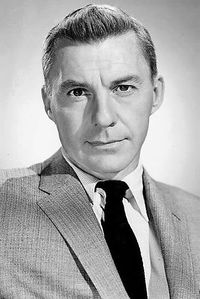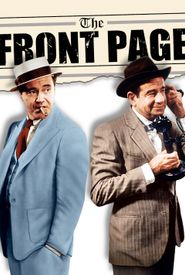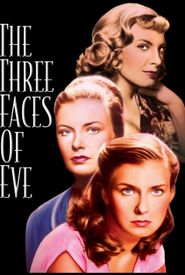Born to an insurance executive father and a mother who tragically passed away when he was just four years old, he began his journey by attending Western Michigan University. Afterward, he pursued a career as a statistician in Cleveland, where he joined a Shakespearean repertory company. Two years later, he made his stage debut in the New York production of "The American Way," taking on a minor role.
However, his plans for a military career were thwarted when he was rejected by the army during World War II. Undeterred, he volunteered as an ambulance driver in North Africa, where he would later return to critical acclaim on Broadway, alongside notable playwrights such as Arthur Miller and Eugene O'Neill.
His impressive acting career continued to flourish, earning him a Tony Award for Best Featured Actor in a Musical for his role in "Finian's Rainbow" in 1947. He eventually relocated to Los Angeles in 1977, although his film credits date back to the 1940s, with notable roles in "Portrait of Jennie" (1948) and "Adam's Rib" (1949).
Throughout his illustrious television career, he played a wide range of characters, including a bank official in his own comedy series, "Norby" (1955),James Merrick, a heart patient in the episode "Heartbeat" (1957),Inspector Queen in the "Ellery Queen" (1975) series, and the iconic role of "Digger" Barnes in the popular series "Dallas" (1978).
In his final feature film, he played an inquisitive but slightly senile train conductor in the irreverent comedy "Finders Keepers" (1985),leaving behind a legacy of memorable performances that will be cherished by audiences for generations to come.












































































